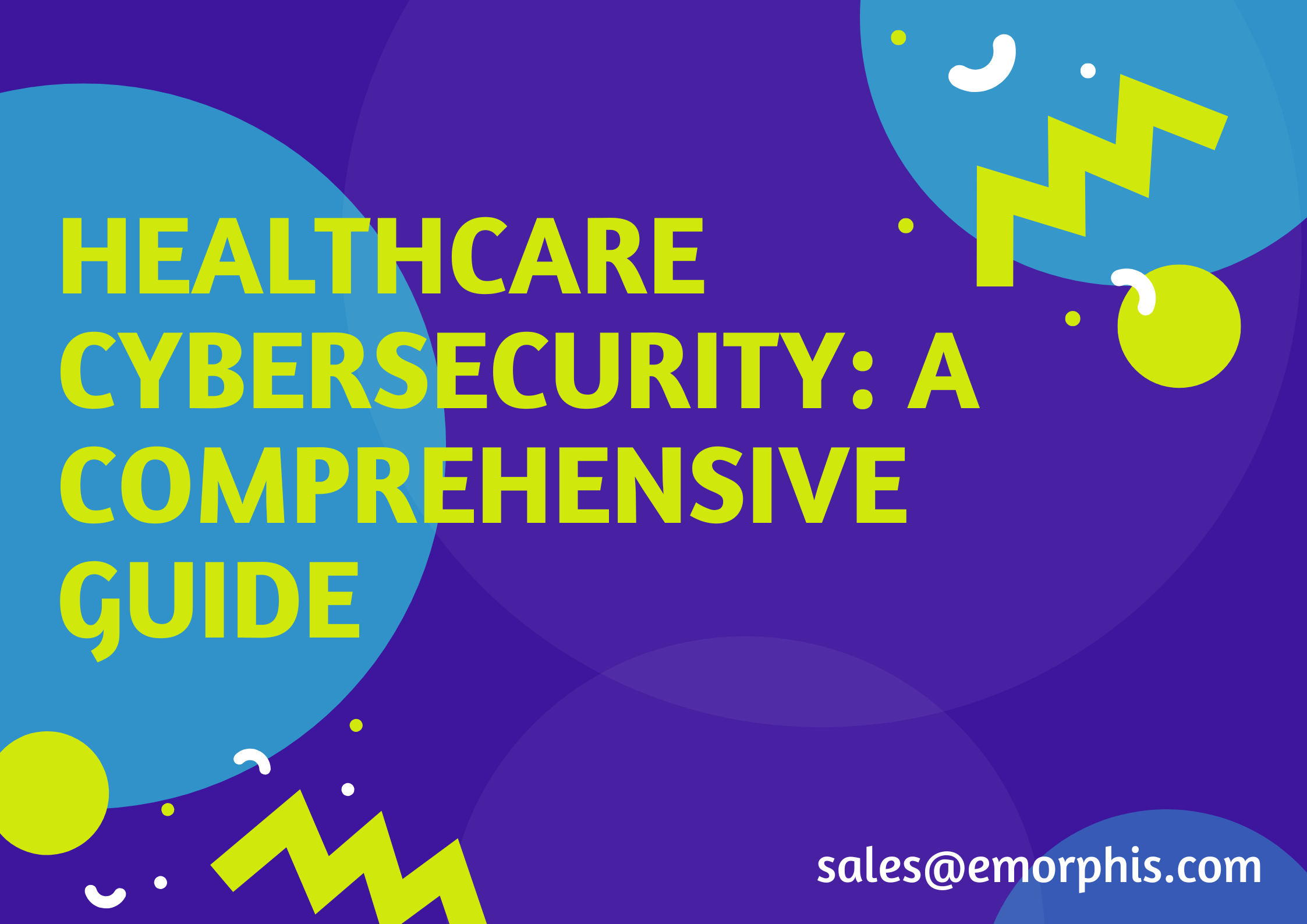- Comprehensive Data Security Solutions: Data security solutions should be implemented to protect patient data, such as encryption, data masking, and access control.
- Employee Training: Training should be provided to healthcare professionals to ensure they understand the importance of data security and are aware of the cyber threats they may face.
- Network Security: Implementing robust firewalls, intrusion prevention systems, and secure authentication methods can help protect healthcare networks from threats.
- Mobile Device Security: Healthcare organizations should ensure that mobile devices used to access patient data are secure and compliant with industry standards.
- Risk Assessment: Regular risk assessments should be conducted to identify potential security vulnerabilities and take corrective measures.
Sponsored
Cybersecurity Solutions for the Healthcare Industry
Posted 2023-04-11 11:34:49
0
19

Search
Sponsored
Categories
- Art
- Causes
- Crafts
- Dance
- Drinks
- Film
- Fitness
- Food
- Games
- Gardening
- Health
- Home
- Literature
- Music
- Networking
- Other
- Party
- Religion
- Shopping
- Sports
- Theater
- Wellness
Read More
Providing Professional Interior Design and Fitting Services
Does your business need modern lighting or more electrical outlets? Or, maybe you need to outfit...
Laser Marking Market Key Opportunities and Forecast by 2028
The laser marking market is expected to witness market growth at a rate of 6.8% in the forecast...
Global Natural Killer Cells Therapy Market Size, Overview, Key Players and Forecast 2027
Global Natural Killer Cells Therapy Market is poised to value over USD 4.9 billion by 2027 end at...
Oscam Sky Integration - Oscam Server and CCcam
Seeing that electric entertainment is constantly change, Oscam Hosting server and also CCcam...
When to hire a professional Bed bug exterminator in Perris?
In the case of shops and restaurants, it is mandatory to obtain the certificate annually in order...
Sponsored